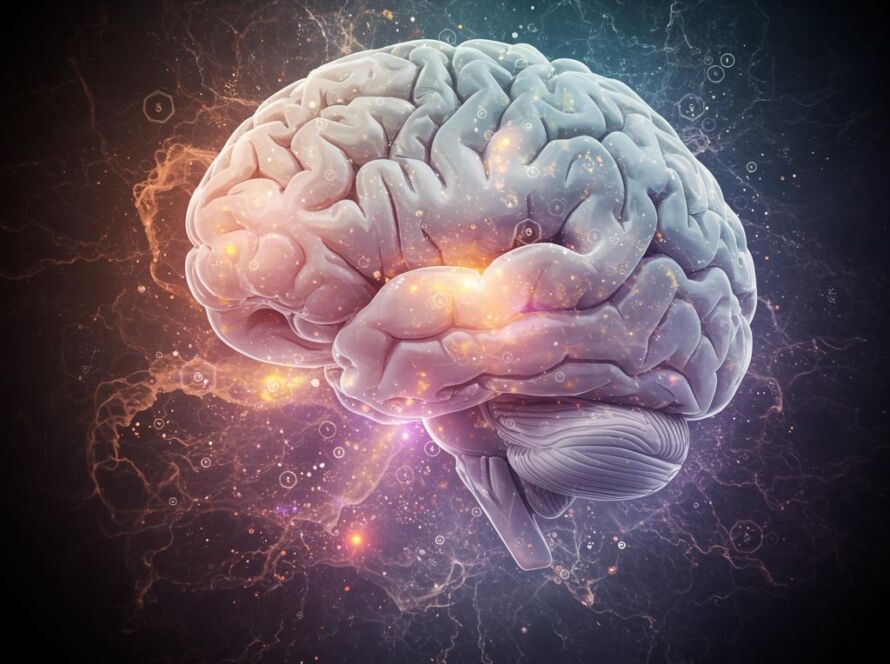AI Ethical Guideline Writer: Build Responsible AI
The Rise of the AI Ethical Guideline Writer
Artificial intelligence is rapidly transforming industries, and with its increasing power comes a growing need for ethical considerations. This has given rise to a new and crucial role: the AI ethical guideline writer. These professionals are tasked with developing frameworks and guidelines that ensure AI systems are developed and deployed responsibly, mitigating potential harms and maximizing societal benefit.
What Does an AI Ethical Guideline Writer Do?
An AI ethical guideline writer bridges the gap between complex technical advancements and ethical considerations. They translate abstract ethical principles into concrete, actionable guidelines for AI development and deployment. This involves a deep understanding of both the technical capabilities and limitations of AI, as well as a strong grasp of ethical philosophy and regulatory landscapes.
Key Responsibilities:
- Researching and analyzing ethical implications of AI systems.
- Developing ethical frameworks and guidelines for AI development and deployment.
- Collaborating with developers, researchers, and stakeholders to integrate ethical considerations into the AI lifecycle.
- Monitoring and evaluating the effectiveness of ethical guidelines.
- Staying up-to-date on evolving ethical discussions and regulatory developments in AI.
Essential Skills for an AI Ethical Guideline Writer
This role demands a unique blend of technical and ethical expertise. Successful AI ethical guideline writers possess a diverse skillset:
Technical Proficiency:
- Understanding of AI concepts, including machine learning, deep learning, and natural language processing.
- Familiarity with AI development processes and technologies.
Ethical Expertise:
- Strong understanding of ethical theories and principles, such as utilitarianism, deontology, and virtue ethics.
- Ability to apply ethical frameworks to real-world AI scenarios.
Communication and Collaboration:
- Excellent written and verbal communication skills to clearly articulate complex ethical concepts.
- Strong collaboration skills to work effectively with diverse teams.
Creating Effective AI Ethical Guidelines
Developing impactful guidelines requires a structured approach:
Key Considerations:
- Context Matters: Guidelines should be tailored to the specific application and context of the AI system.
- Stakeholder Engagement: Involve diverse stakeholders, including developers, users, and affected communities, in the development process.
- Transparency and Explainability: Promote transparency in AI decision-making and ensure that systems are explainable.
- Accountability and Oversight: Establish clear lines of accountability and mechanisms for oversight.
- Continuous Evaluation and Improvement: Regularly evaluate and update guidelines to reflect advancements in AI and evolving ethical considerations.
The Future of AI Ethical Guideline Writing
As AI continues to advance, the role of the ethical guideline writer will become increasingly critical. We can expect to see a growing demand for professionals with expertise in this area, as organizations prioritize responsible AI development and deployment. The future of AI ethics will likely involve greater standardization of guidelines, increased collaboration between stakeholders, and the development of new tools and technologies for ethical assessment and monitoring.
Embracing ethical considerations is not just a best practice, but a necessity for building a future where AI benefits all of humanity. The AI ethical guideline writer plays a vital role in shaping this future, ensuring that AI systems are developed and used responsibly and ethically.



